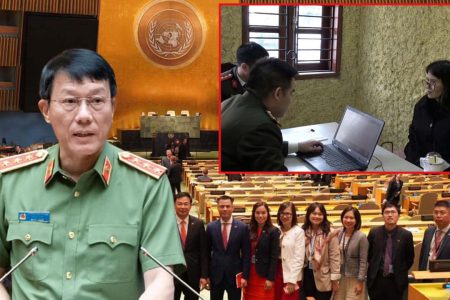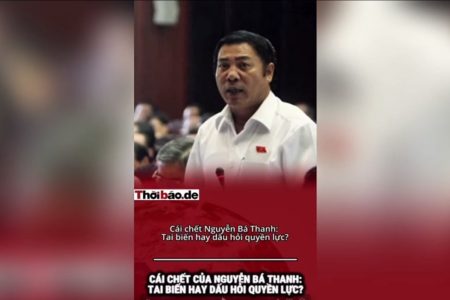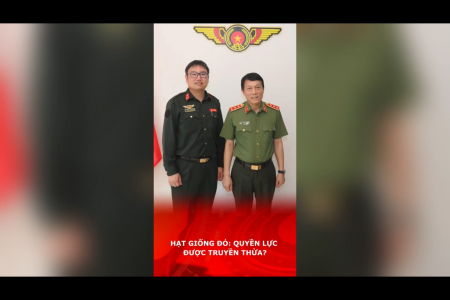
Under the communist regime, many basic rights of Vietnamese women were limited. Gender inequality in the economy, politics, education, and health are common disadvantages that many Vietnamese women still suffer.
This is the main message of a webinar on Feminism under the Vietnamese Communist regime, organized by the Alliance for Vietnam’s Democracy on the occasion of the International Day of Democracy on September 15, with the participation of representatives from the office of US congressmen and people interested in human rights issues in the Southeast Asian country.
The chair of the seminar, lawyer Nguyen Linh, made comments on feminism in Vietnam:
“On the occasion of International Democracy Day, we remember that 100 million Vietnamese are not free, because Vietnam does not allow free and fair elections. This closed system causes many injustices to women. To make the greatest impact on this issue and promote democracy globally, we need to focus our diplomatic efforts on supporting independent organizations in educating women about their rights and opportunities.”
Ms. Christina Ta, currently an administrative lawyer for Winstead P.C., presented many elements of gender inequality in the Vietnamese state political apparatus. According to Christina Ta, although Vietnam’s National Assembly has 27% female representatives — more than 10% of Japan’s, 19% of South Korea’s, and 23% of America’s, Vietnam still does not have a multi-party system like the one in the United States and Western countries. Therefore, all decision-making powers are top-down (the Communist Party in particular) so in practice, the National Assembly, especially female deputies, has no power to influence the decisions of the Communist Party.
Dr. Nguyen Chu is a leader of the Economic Analysis and Forecasting Department at Federal Home Loan Banks. He explained during the conference that Vietnam’s economic Global Gender Gap Index in 2022 ranks 31st out of 146 countries mentioned in a study by the World Economic Forum. This means that the economic opportunities for women in Vietnam in 2022 are second only to 30 countries. However, Mr. Nguyen Chu said that Vietnamese women still suffer many injustices in the corporate income tax and social insurance laws, and according to a study by the International Labor Organization, they still receive many disadvantages in wages and a high risk of unemployment. In addition, Mr. Nguyen Chu also said that because the statistics in the above report were provided by the Communist Party, they are likely to be unreliable.
Professor Phan Thong Hung is the Chairman of the Board of Directors of Vietnam Human Rights Day 11/5, as well as an advisor and former Chairman of the Executive Council of the Federation of American Communities in the United States. He cites a study from the Institute for Social Development Studies, which states that, in general, in Vietnam, men often go to higher education because women have to face many unjust social standards such as getting married, raising children, and taking care of the housework because by these standards women must put family first.
Nguyen Van Nha is a member of the Democratic Vietnam Alliance with experience in providing mental health services to school-age children, immigrants, refugees, and prisoners of war. More than 90% of the 7,500 victims of human trafficking between 2012 and 2017 were women, Ms. Nha said. These victims are often trafficked to other Asian countries at the Vietnam-China border; in 2019, an average of 164 children were sexually harassed each month; Currently, 5.3% of children aged 5-17 are in forced labor, more than half of which are working in hazardous environments.
Before the end of the seminar, Ms. Nguyen Linh proposed a solution to these issues:
“By applying existing laws, such as the Global Magnitsky Act, we need to empower women by empathizing with their struggles and promoting their role in government to protect their interests.”
The Global Magnitsky Act is a bipartisan bill passed by the United States Congress and signed into law by President Barack Obama in December 2012, allowing the United States government to sanction foreign government officials worldwide who commit human rights violations, freezing their assets and banning them from entering the United States.
Thoibaod.de (Translated)


























